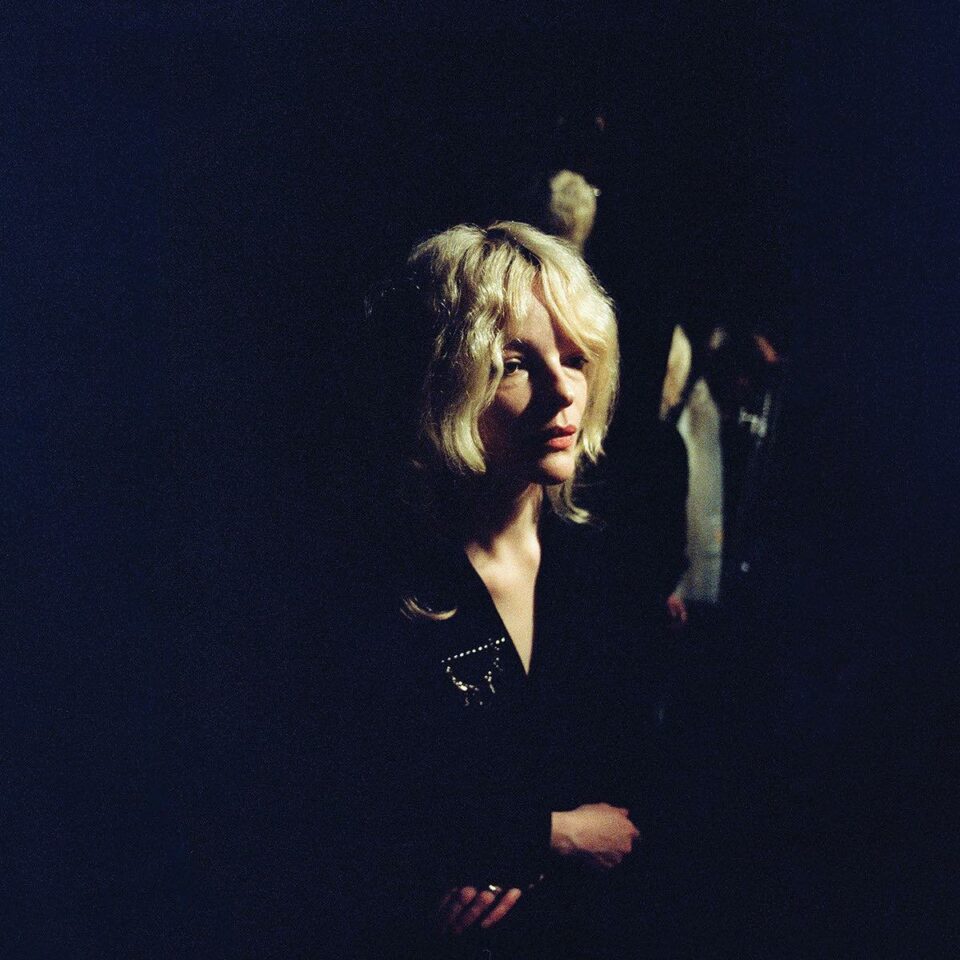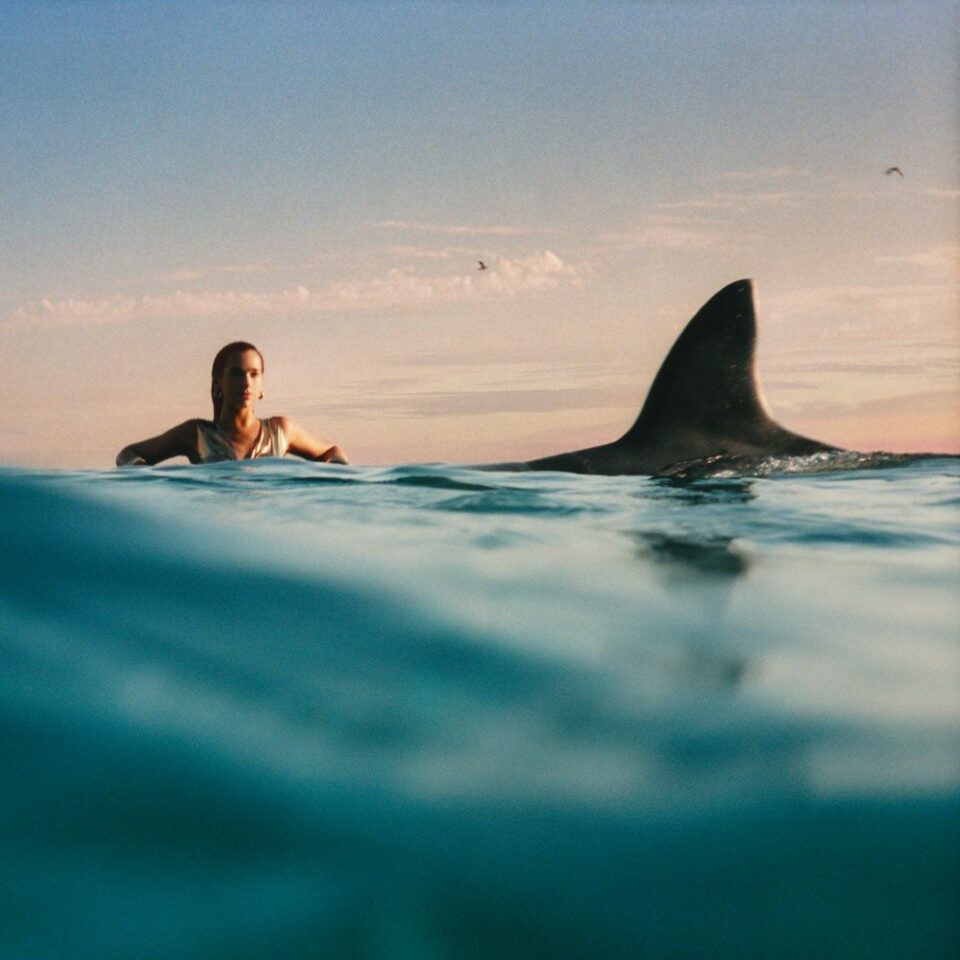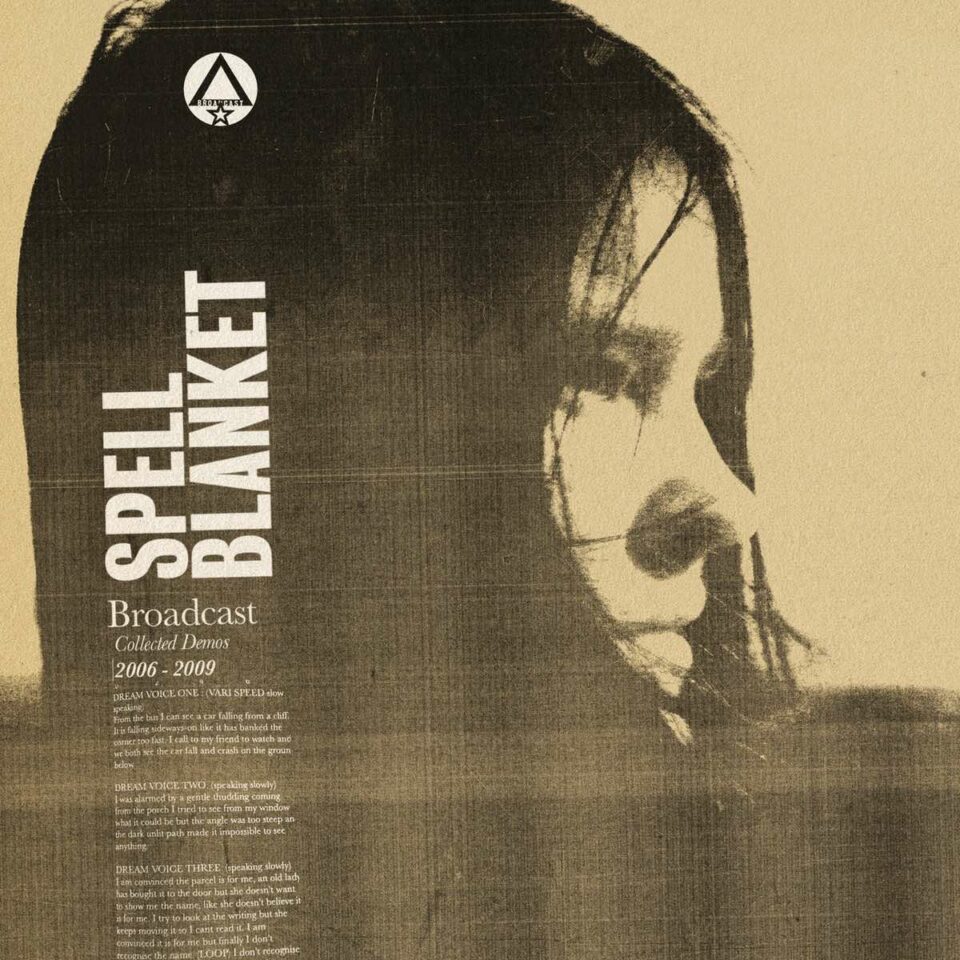Part of the human experience is reconciling with both marvels and tragedies—a world blooming outside while we're locked in our houses; black holes, shooting stars, and galaxies floating about man-made devastation. Earth's wonders that seem like happy accidents sit alongside the ignorant destruction and violence we humans wreak on each other, and as a result the incredible landscape we inhabit. How do we deal with it all? For The Districts' latest album The Great American Painting, the Pennsylvania trio unpack the unraveling definition of America and how it coincides with the flawed existence of humanity.
Vocalist/guitarist Rob Grote was impacted by the contrast between the scenic beauty he encountered in a Washington state cabin during the pandemic's onset and the political combustion he encountered at protests in Philly. “While we were there I spent some time driving near all these crazy rivers and the Gifford Pinchot National Forest, and I was mesmerized by how those unspoiled landscapes really capture a timeless idea of what America is,” Grote noted in the leadup to the record's release. “I’d just come from taking part in the protests in Philly and getting tear-gassed, and it felt so strange to go between those two extremes. In a way this album is asking, ‘What is the great American painting? Is it police brutality, or is it this beautiful landscape?’ And the truth is it’s all of that.”
The Great American Painting pads harsh reckonings with playful rock 'n' roll and blistering pop songs. There are anthemic ballads that feel like a cross between Sharon Van Etten and U2, while more contemplative moments cross the grit of early Modest Mouse with the soaring arena rock of The Killers. Together, Grote, guitarist Pat Cassidy, drummer Braden Lawrence, and bassist Connor Jacobus (who has since departed from the group) combine vibrant hues from various corners of the rock canon for a gripping listen.
Listen to The Great American Painting and read Grote's breakdown of the album below.
1. "Revival Psalm"
"Revival Psalm" began as a reflection on close brushes with death and trying to survive. From nearly getting struck by lightning, being in Paris the same night as a terrorist attack, to close-miss car accidents, there are numerous situations where death felt close at hand. "Revival Psalm" is about saying no to fear, and the liberation offered by embracing and having faith in your own survival, no matter how unlikely.
2. "No Blood"
This song is about the idea that no weapon, no violence will eradicate the truth. In every era, it is those who live in the name of truth who prevail in the shadow of evil. The peak pandemic world was like an apocalyptic landscape—as if much of society had vanished in an instant. Even in the solitude of such a world, truth remains and will catch up to those who run from it. "No Blood" is about dancing forward in spite of fear.
3. "Do It Over"
"Do It Over" is about wising up and seeing the past through the lens of a more complete version of yourself. It’s directed toward a younger self who wasn’t ready for what life would throw and simply navigating interpersonal relationships. It’s a simple song and a simple plea to right your wrongs and clarify your intentions and untangle the mess of relationships and do it the way you would now.
4. "White Devil"
This song is a reaction to exploitation in our country, from red lining to gentrification to working without a living wage, and the heresy of crowning a blatant exploiter, the most ugly face of that behavior, as a leader and a president. It’s about the ideals that are compromised in the name of getting ahead, and rage toward oppressive structures and your place in them.
5. "Long End"
"Long End" is about holding on to hope at the end of history and not giving in to the idea that there are no better possible futures. Mark Fisher’s introduction to Acid Communism was inspiring during the making of this record and is relevant to the uncertainty and desire for a better world. This song is nowhere near an answer to where the future will head, but simply a longing in the face of what sometimes feels like a hopeless epoch.
6. "Outlaw Love"
Life is this weird, fucked up journey, constantly changing and constantly realizing you were wrong, but there’s a lot of beauty in our ability to shift and grow through observing ourselves and our patterns. This song's about seeing your experiences through the lens of change and evolution.
7. "Hover"
“Hover" is about memories of disjointed pieces of experience. Once, while checking into a hotel in Arizona, our van was surrounded by police and the spotlight of an extremely low-flying helicopter was trained on us. The officer ran up with his hand on his gun and we were all frozen, “What the fuck?” It was surreal and ultimately turned out that they had tracked down the wrong vehicle. It was incredibly strange. This song builds off of certain assumptions and memories that are potentially wrong or misunderstood, and wondering whether you are rushing toward a false reality or a dead end.
8. "I Want to Feel It All"
This song was inspired by LSD in a dark forest in Washington state under a volcano, and it is about feeling everything possible all at once and emotional fireworks and explosions and loving the universe and everyone in it, but also about death and the darkness underlying all existence, and forgiveness and pain and acceptance.
9. "On Our Parting, My Beloved"
"On Our Parting" is about letting go and lifting dark clouds. It’s about giving in to the flow of life instead of kicking against it, and holding good memories of those you’ve lost close to your heart. When frozen in pain and stuck while life rushes forward, this song is about acceptance—take the good, leave the bad, and move always onwards.









